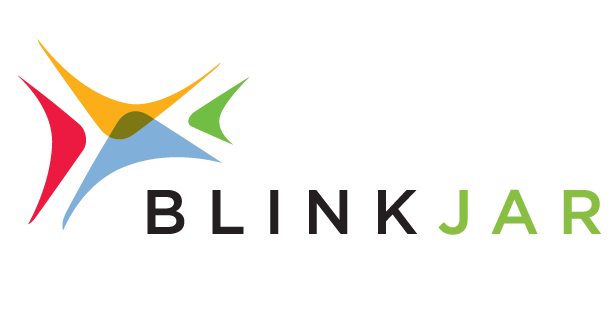Google Ads Geography and Scheduling Tips
Effective Google Ad campaigns rely on connecting with the right people at the right time. Geography and scheduling are critical to this success, as they enable precise targeting of the ideal audience when they are most receptive. By focusing on these factors, you can improve your campaign's performance and return on investment.
Understanding the Benefits of Geographic & Scheduling Customization for Google Ads
- Increased Relevance: Tailoring your ads to specific geographic locations gives you the power to ensure that your message reaches your target audience with precision and control.
- Improved Conversion Rates: By showing ads when your target audience is most likely to be active, you significantly increase the chances for successful conversions, bringing optimism to your campaign strategy.
- Optimized Ad Spend: By focusing your budget on high-performing segments, you can make wise and prudent decisions that maximize your return on investment, giving you a sense of financial control.
- Enhanced Campaign Performance: Accurate targeting helps refine your campaign, leading to better overall results.
Strategies for Geographic Targeting for Google Ads Campaigns
With Google Ads campaigns, geographic targeting enables advertisers to concentrate their advertising efforts on specific regions, cities, or even a radius around a particular place. By ensuring that the most relevant audience sees your ads, this targeting maximizes the campaign's effectiveness.
Google Ads Location Targeting
Choose specific cities, regions, or countries to display your ads. These areas can include zip codes, parishes, counties, etc.
Google Ads Radius Targeting
Target users within a specific radius of your business location. This radius can be as narrow or wide as necessary. If you have multiple locations, multiple radiuses can be set up.
Google Ads Location Extensions
Provide additional location information in your ads to enhance visibility. Several different Google Ads extensions can make your SERP footprint and advertising efforts more robust.
Tips for Optimizing Ad Scheduling within Google Ads
There are many advantages to scheduling your Google Ads that will improve the efficiency of your campaigns. You can target your audience and maximize your ad budget by planning your ads to run at certain times of the day or on particular days of the week. By using this strategy, you can make sure that your ads appear when customers are most likely to click and convert. Ad scheduling also improves your return on investment by preventing wasteful spending during off-peak hours.
Time-of-Day Targeting for Google Ads
Determine the optimal times to display your ads based on audience behavior. If you find that most of your impressions, clicks, and conversions occur during a specific time of the day, you can turn your ads off when they are less effective. This information is available on the Google Ads Overview dashboard. You can see impressions, clicks, CTR, and more on each day of the week, for each hour of the day. Finding the highest concentration of your preferred metric can help you determine when your ads should and shouldn't be running.
Day-of-week targeting for Google Ads
Adjust your ad schedule to align with customer activity patterns. Potential lead activity, as well as your business hours, can help you to schedule your ads. For example, if you are closed on the weekends, you can turn your ads off on Saturday and Sunday, avoiding wasteful clicks.
By carefully implementing geography and scheduling, highly targeted Google Ads campaigns can be created. Well-designed campaigns deliver exceptional results. For over a decade, BlinkJar Media has been building and managing Google Ads campaigns for a wide range of businesses and industries. Effective targeting is an ongoing process that requires continuous monitoring and optimization. Contact BlinkJar Media to create, manage, and maximize your Google Ads efforts and your business.









